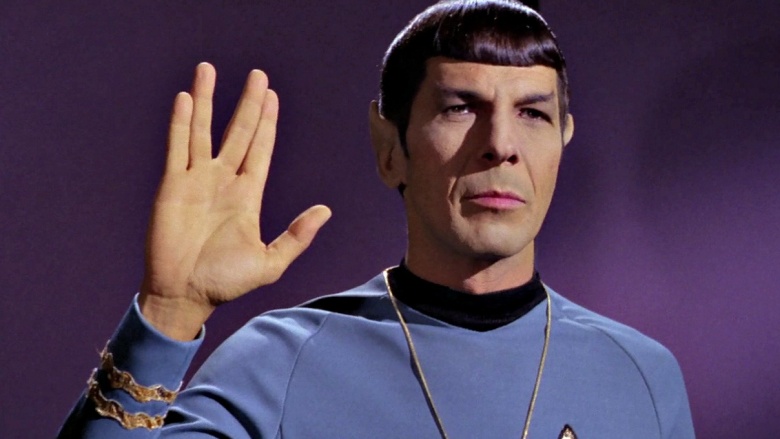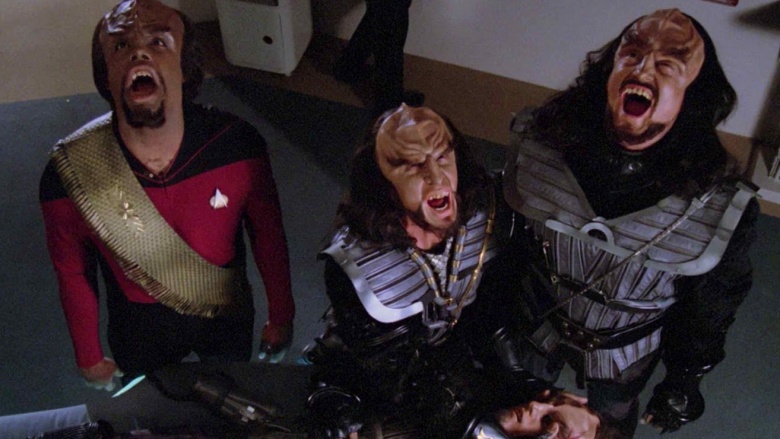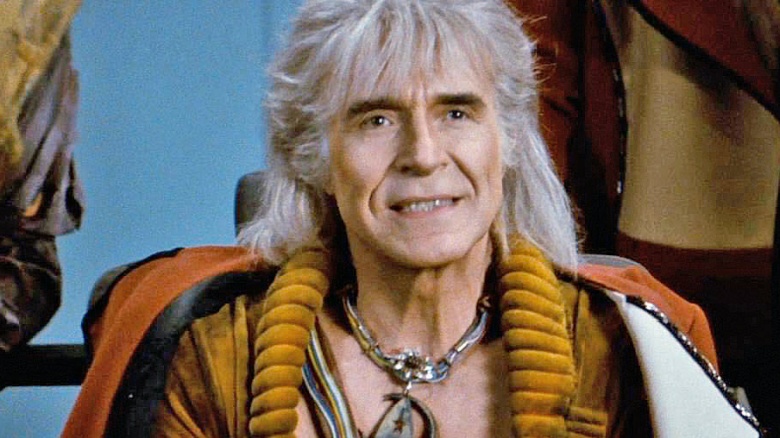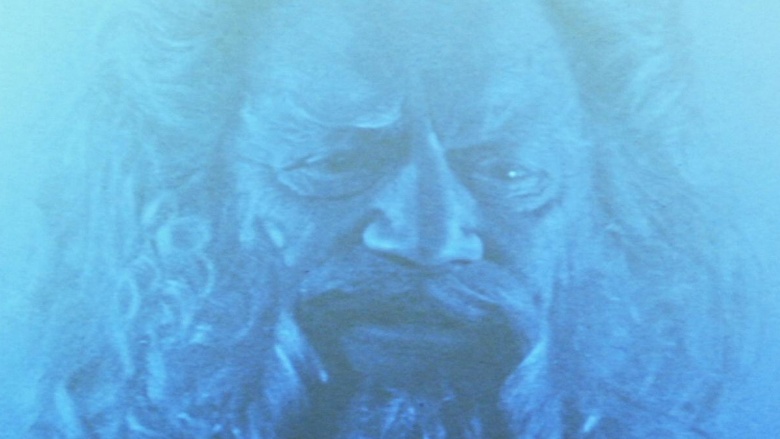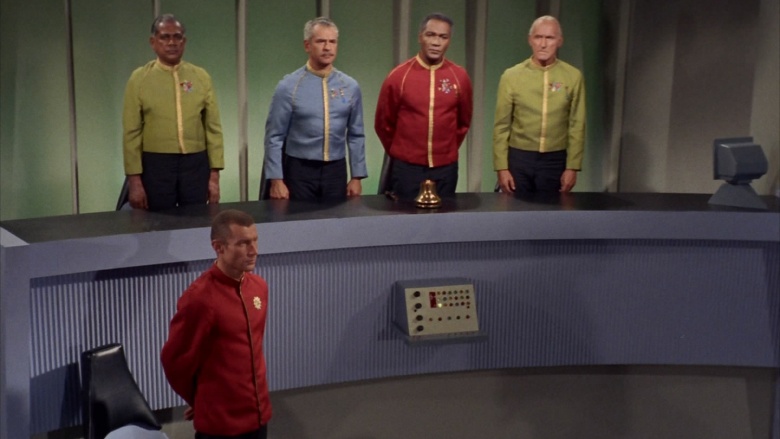Star Trek Fan Theories That Change Everything
The starship Enterprise's five-year mission was to explore strange new worlds, to seek out new life and new civilizations, and to boldly go where no man has gone before. In that spirit, Star Trek fans have spent decades delving into the complex mythology around the original series and its many spinoffs—and along the way, they've come up with a number of ideas that could change the way you look at the entire franchise.
Spock is related to Sherlock Holmes
The connection between our favorite Vulcan and the Victorian-era sleuth has been a fun bit of Star Trek lore since a scene from the franchise's sixth film, The Undiscovered Country, in which Spock paraphrases a quote from the 1890 Holmes story The Sign of the Four. "An ancestor of mine maintained," Spock mused, "that if you eliminate the impossible, whatever remains, however improbable, must be the solution." Even when J.J. Abrams reset the Star Trek timeline with his 2009 franchise reboot, he managed to include a nod to Spock's elementary family tree.
Klingons experimented with genetic mutation
Star Trek started out as a low-budget TV show before making the jump to the big screen. Once they had access to more money for things like special effects, producers put extra effort into making the Trek universe look as cool and realistic as possible—including altering the appearance of the warlike Klingons, who went from being vaguely alien-ish in the series to having distinctly ridged foreheads in the films. Although fans were obviously well aware of the reasons for the change, they concocted a theory to explain it anyway, postulating that the Klingons had experimented with genetic mutation that robbed a generation of their beautiful bumpy noggins. The folks in charge of the franchise must have liked it, because it was ultimately incorporated into Star Trek canon.
Khan wiped out India and China
The original Star Trek series was pretty diverse for its day, but over the years, fans have noticed that only a small handful of Chinese or Indian characters have ever appeared on screen. One explanation for this theorizes that during the Trek universe's Eugenics Wars, the evil Khan Noonien Singh wiped out much of the region's population—and when World War III erupted, a nuclear strike completely devastated the rest, thus ensuring that peoples of Eurasian descent would forever remain a tiny Starfleet minority.
God is dead
In Star Trek V: The Final Frontier, the crew of the Enterprise are lured to a planet at the center of the galaxy, where it turns out that a being impersonating the Vulcan god Sha Ka Ree has drawn them in order to escape imprisonment by hijacking their ship. Although the movie makes it pretty plain that our heroes have been duped, there's an alternate theory that suggests the crew's adversary really was God—albeit the somewhat petulant God of the Old Testament, who was known to indulge in outbursts of lethal anger (flood, anyone?) and was capable of being bested by his human creations (as Jacob did when they wrestled). According to this theory, when Spock kills "God" at the end of The Final Frontier, it represents the Star Trek triumph of science over religion.
Federation = time-traveling fascists?
Most fans look at Star Trek's United Federation of Planets as a futuristic utopian ideal. For others, however, the Federation's harmony masks what's essentially an interstellar protection racket that uses the Starfleet as muscle for collecting the taxes that keep its welfare state running smoothly. It's the kind of thing that suggests far too much thought being devoted to a fictional construct, but it's still undeniably interesting—especially if you think about all the times one of the Trek heroes disobeyed patently harmful orders from Starfleet command. In fact, some Trek fans even believe that the Federation has time-travel technology that they use to send one of their black-ops squads into the past whenever something or someone threatens to disrupt or destroy their rule.

